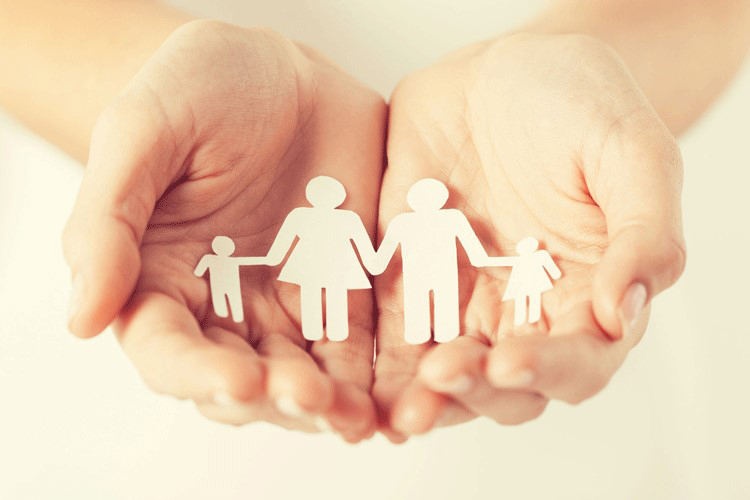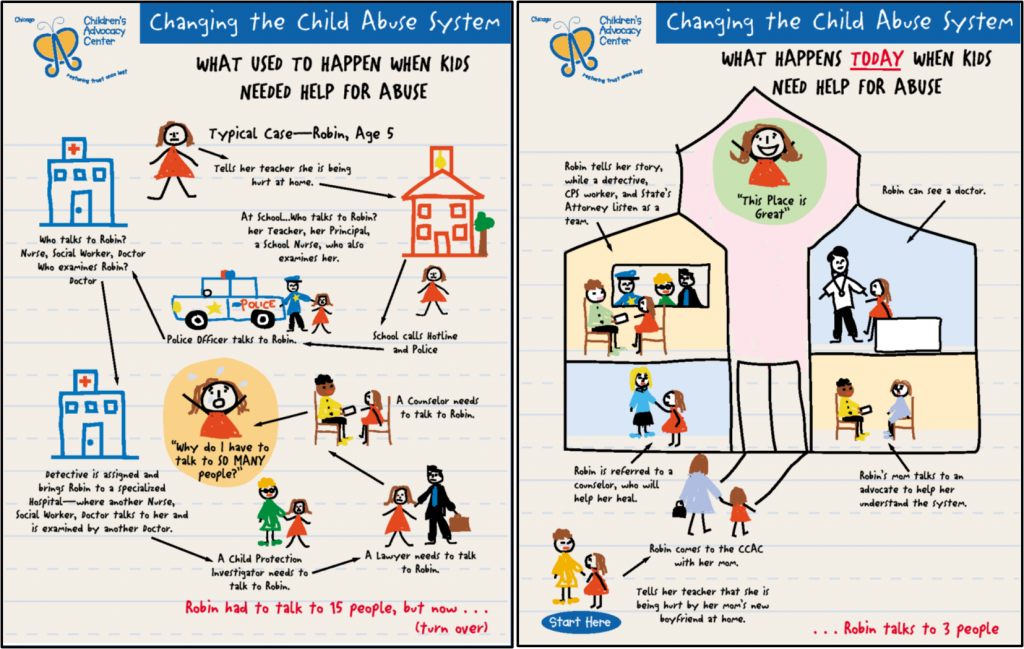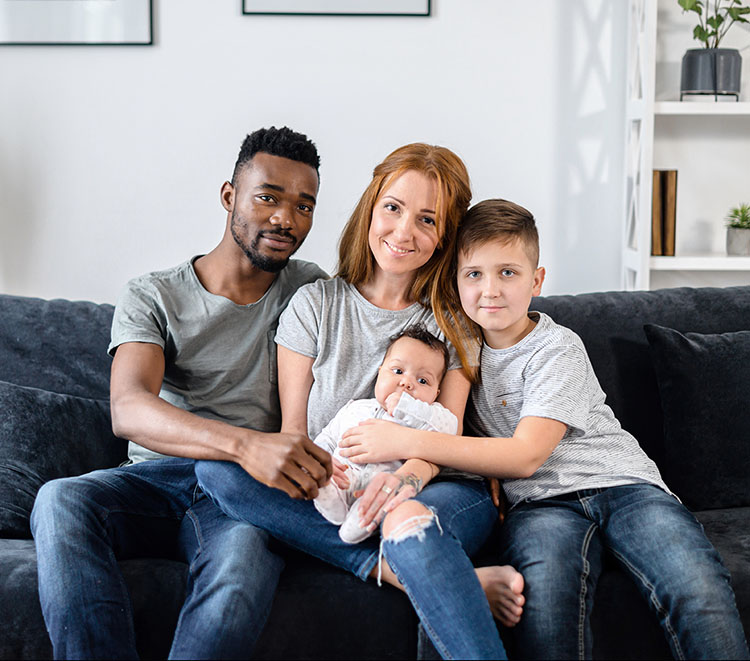Turning Point’s Tree House Children’s Advocacy Center (CAC) offers a variety of services for children and their families related to traumatic events such as sexual abuse, physical abuse, or witnessing violence. We offer a child-friendly facility where professionals provide medical exams, forensic interviews, counseling referrals, advocacy and comprehensive case management services for children who may have been abused or witnessed violence and their caregiver(s).
To minimize the trauma an abused child may suffer, the Tree House is designed to enhance the coordination between the agencies and professionals involved in the process of addressing child abuse. A multi-disciplinary approach is utilized during the Child Medical Evaluation to determine the medical and psychosocial needs of children who are victims of possible child abuse or witnesses to violence.









